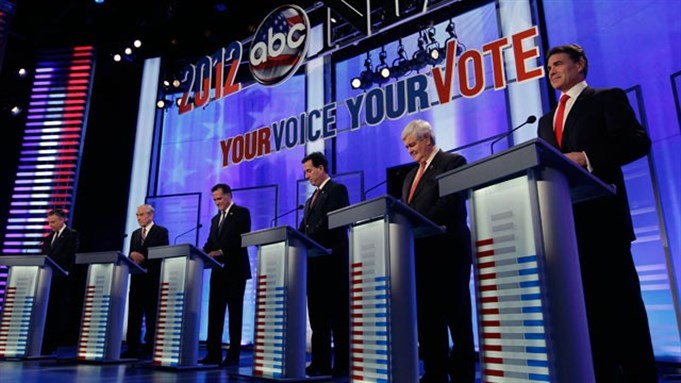[The following article was originally published on Tadween Publishing`s blog. For more information on the publishing world as it relates to pedagogy and knowledge production, follow Tadween Publishing on Facebook and Twitter.]
The memorial for Aaron Swartz in Washington, DC, this week refueled the conversation about Internet legislation. Many are wondering if Swartz’s disproportionate prosecution and his subsequent suicide was a case of an overzealous prosecutor or the result of an out-of-date law that needs to be reformed. The answer is probably both, and it is difficult to separate the two. Activists and lawmakers alike have already turned their attention to reforming the legal framework that enabled federal prosecutors to go after Swartz.
In a sphere that fosters the free flow of information and where progress is rapid and innovative, regulation through legal recourse has been outdated and severe. This calls into question the government’s legitimacy and capacity to create fair and just legal Internet policy. Generally there is theoretical agreement about protecting intellectual property. But the method is under dispute. Aaron Swartz’s death calls into question the potential that has been lost with him and what that means for future innovators. The laws not only attempted to place parameters around his capacity for creation and cyber freedoms ambitions, but then proceeded to punish him severely for them.
The law that was used to prosecute Swartz, the Computer Fraud and Abuse Act (CFAA), predates the World Wide Web. When JSTOR did not press charges against Swartz for downloading millions of academic articles from the database, federal investigators went ahead with prosecuting him because the CFAA allowed it.
Now lawmakers in Washington are trying to reform Internet legislation with Aaron’s Law. Aaron’s Law would supplement the CFAA’s provisions. Its language was amended through a type of crowdsourcing when Representative Zoe Lofgren (D-CA) put the text of the bill up for a discussion on Reddit. The original text of the bill as she proposed it would have still allowed Swartz’s prosecution under CFAA; the version that was produced after the Reddit discussion would not. This is one example of the type of creativity that lawmakers need to adapt in order to navigate their way around information technology.
In an LA Times article Michael Hiltzek laments that Congress “couldn`t be bothered to educate itself about the real world of computers and networks before legislating about it.” A related example to consider is last year’s SOPA/PIPA legislation, thwarted by a massive public outcry and blackout campaign over the World Wide Web (spearheaded by Aaron Swartz, among others).
The law would have allowed government to censor websites deemed to be engaging in acts of online piracy. And with a vague definition of piracy, much of the interpretation would be left to the perception of a prosecutor. This would limit technological innovations that enable a free flow of information. Proposed legislation like SOPA/PIPA indicated that lawmakers are not equipped to make legislation around such a dynamic and ever-expanding market.
Internet technology is quickly advancing in ways that we cannot yet predict. Attempting to protect media structures that precede the age of Internet technology, government officials devise legal measures that lack creativity and fail to take reality into consideration.
“Tragedy has become a catalyst for reform,” writes Brian Resnick. Yet it remains unclear how the Swartz tragedy will change legal recourse around Internet regulation. Over the next few weeks Tadween will continue to follow as lawmakers debate legislation on the hill.

![Now Available at Tadween Publishing in Partnership with Tadamun: "Planning [in] Justice العدالة في التخطيط"](https://kms.jadaliyya.com/Images/135x94xo/covers210326041535580~.png)
















